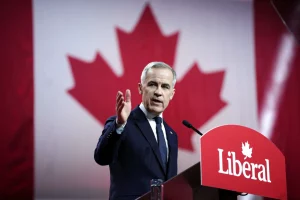After Brexit, Nigel Farage's ego prevented him from joining the Conservative party.
Becoming part of the Conservative Party might require him to hold back, and I'm uncertain if he's willing to do that.

Nigel Farage, the leader of the Reform party, was once a member of the Conservative party back in the 1970s. However, he left in 1992 due to his disapproval of the UK's decision to join the European Union. Despite this, many Tory MPs have speculated that Farage may return to the party, especially after Boris Johnson's successful push for Brexit in 2019.
During a panel at the Conservative party conference in Birmingham, Gareth Bacon, a shadow minister for London, spoke about the possibility of Farage joining the Conservatives after Brexit was achieved. He stated that Farage would have to tone down his larger-than-life persona if he were to become a member of parliament for the Tories. This may not have suited Farage, as he enjoys being in the spotlight and setting the agenda for his own party.
Farage's decision to return as leader of the Reform party during the General Election campaign was seen as a huge boost for the party. They received over four million votes and came in third in total vote share after Labour and the Conservatives. However, this success only resulted in five MPs, including Farage himself. Despite this, the Reform party's popularity had a significant impact on the larger parties, especially the Conservatives, who ended up with fewer MPs than expected due to the "ego" of Nigel Farage.
Marco Longhi, a former Tory MP who lost his seat to Labour, questioned Farage's true commitment to Brexit after Labour's victory in the election. He suggested that Farage knew exactly what he was doing by running Reform candidates in various seats, ultimately giving Keir Starmer's Labour party control over the UK's future relationship with the EU.
In conclusion, while Farage may have had the opportunity to join the Conservatives again after Brexit, his ego and preference for being in the spotlight may have prevented him from doing so. Although his decision to lead the Reform party during the election had a significant impact, it also raised questions about his true intentions and commitment to the cause of Brexit.










